Aonia edizioni. Henri-Louis Bergson (18 October 1859 - 4 January 1941) was a major French philosopher, influential especially in the first half of the 20th century. Bergson convinced many thinkers that immediate experience and intuition are more significant than rationalism and science for understanding reality. He was awarded the 1927 Nobel Prize in Literature "in recognition of his rich and vitalizing ideas and the brilliant skill with which they have been presented". Bergson rejected what he saw as the overly mechanistic predominant view of causality. He argued that we must allow space for free will to unfold in an autonomous and unpredictable fashion. While Kant saw free will as something beyond time and space and therefore ultimately a matter of faith, Bergson attempted to redefine the modern conceptions of time, space, and causality in his concept of Duration, making room for a tangible marriage of free will with causality... (Wikipedia)
Hinweis: Dieser Artikel kann nur an eine deutsche Lieferadresse ausgeliefert werden.
Hinweis: Dieser Artikel kann nur an eine deutsche Lieferadresse ausgeliefert werden.

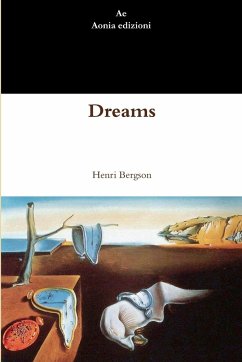

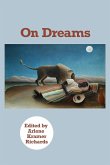
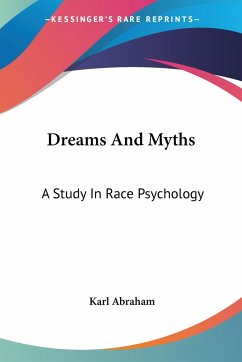
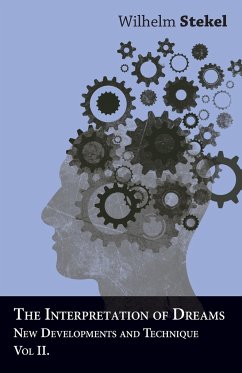

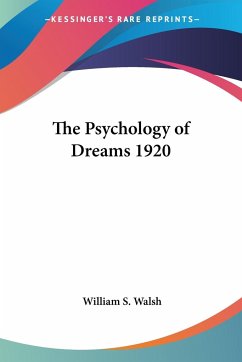
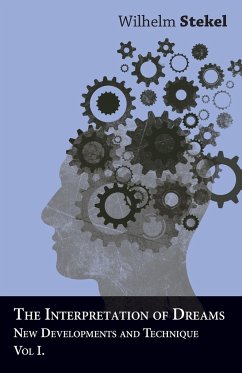

.jpg)